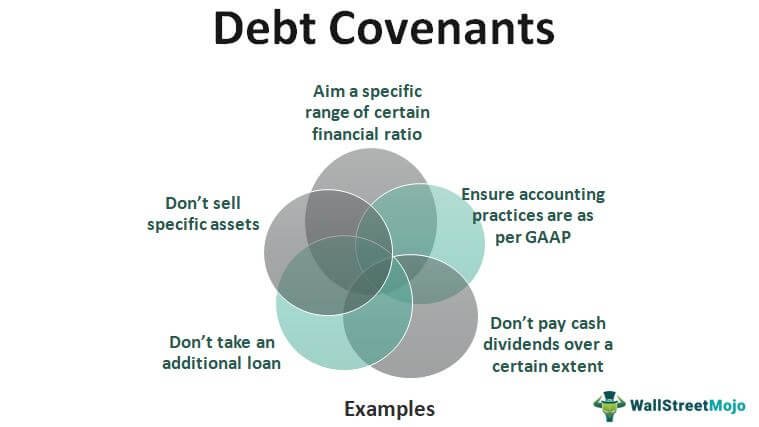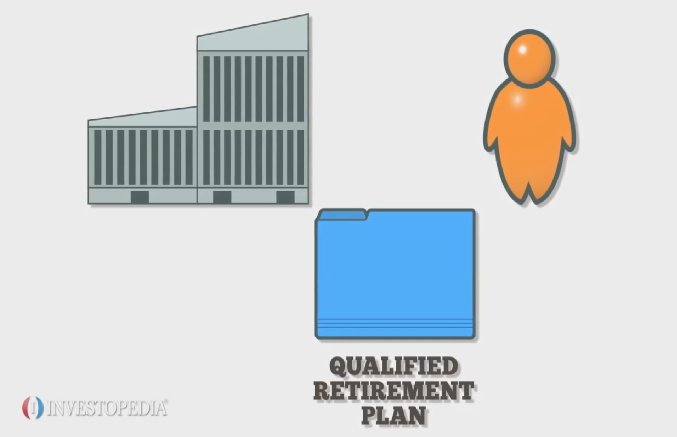Are you a beginner looking to invest in government bonds? Look no further! This beginner’s guide to investing in government bonds will provide you with all the information you need to get started. Government bonds can be a great addition to your investment portfolio, offering stability and reliable returns. In this guide, we will walk you through the basics of government bonds, explain how they work, and offer tips on how to choose the right bonds for your financial goals. Ready to dive in and learn more about investing in government bonds? Let’s get started!
Beginner’s Guide to Investing in Government Bonds
Introduction
Investing in government bonds can be a smart way to grow your wealth and diversify your investment portfolio. As a beginner, understanding the basics of government bonds is crucial to making informed investment decisions. In this comprehensive guide, we will take you through the fundamentals of government bonds, the benefits and risks involved, and how to get started with investing in them.
What are Government Bonds?
Government bonds, also known as sovereign bonds, are debt securities issued by a national government to finance its spending needs. They are considered low-risk investments because they are backed by the full faith and credit of the government. When you buy a government bond, you are essentially lending money to the government in exchange for regular interest payments and the return of the principal amount at maturity.
Types of Government Bonds
Government bonds come in various types, each with its own characteristics. Here are the most common types of government bonds:
- Treasury Bonds: These are long-term bonds with maturities typically ranging from 10 to 30 years. They offer fixed interest payments every six months.
- Treasury Notes: These are medium-term bonds with maturities ranging from 2 to 10 years. They also provide fixed interest payments every six months.
- Treasury Bills: These are short-term bonds with maturities ranging from a few days to one year. They are sold at a discount to their face value and do not provide regular interest payments.
- Municipal Bonds: These are bonds issued by local governments, such as cities or states, to fund public infrastructure projects. They offer tax advantages and are backed by the taxing power of the issuing entity.
- Agency Bonds: These are bonds issued by government-sponsored entities (GSEs) like Fannie Mae and Freddie Mac. Although not directly issued by the government, they carry an implicit guarantee.
Benefits of Investing in Government Bonds
Investing in government bonds can offer several benefits for beginners:
- Stability: Government bonds are considered low-risk investments because they are backed by the government’s ability to tax and print money. They provide stability to your investment portfolio.
- Regular Income: Government bonds offer regular fixed interest payments, providing a predictable income stream. This can be beneficial for retirees or those seeking a steady cash flow.
- Diversification: Adding government bonds to your investment portfolio can help diversify your risk. They often have a negative correlation with stocks, meaning they tend to perform well when the stock market is underperforming.
- Liquidity: Government bonds are highly liquid instruments, meaning they can be easily bought or sold in the secondary market. This provides flexibility for investors who may need quick access to their funds.
Risks Associated with Government Bonds
While government bonds are generally considered safe investments, it’s essential to understand the risks involved:
- Interest Rate Risk: Government bonds are sensitive to changes in interest rates. When interest rates rise, bond prices fall, and vice versa. This can impact the value of your bond holdings if you need to sell them before maturity.
- Inflation Risk: Inflation erodes the purchasing power of fixed interest payments received from government bonds. If inflation rises significantly, the real return on your investment may be diminished.
- Default Risk: While rare, there is a potential risk of a government defaulting on its debt obligations. It’s crucial to assess the creditworthiness of the issuing government before investing in their bonds.
How to Invest in Government Bonds
Investing in government bonds as a beginner can be a straightforward process. Here are the steps to get started:
Educate Yourself
Before diving into the world of government bonds, take the time to educate yourself about how they work, the various types available, and the risks involved. Understand the basics of bond pricing, interest rates, and how they impact bond yields.
Set Your Investment Goals
Define your investment goals and objectives. Are you looking for regular income, long-term growth, or capital preservation? This will help you determine the type of government bonds that align with your investment strategy.
Develop a Bond Investment Plan
Based on your goals, develop a plan that includes factors such as the amount of money you are willing to invest, the duration of your investment, and the level of risk you are comfortable with. This plan will guide your investment decisions.
Choose a Bond Brokerage Account
To invest in government bonds, you will need to open a brokerage account with a reputable financial institution or an online broker. Compare the fees, services, and platform usability of different brokerages to find one that suits your needs.
Research and Select Bonds
Research the available government bonds and their current yields. Consider factors such as the bond’s maturity, coupon rate, and credit rating. Diversify your bond investments by considering bonds from different issuers and maturities.
Place Your Order
Once you have chosen the bonds you want to invest in, place an order through your brokerage account. Specify the amount you want to invest and the price at which you are willing to buy the bonds. Keep in mind that government bonds are typically traded in large denominations.
Monitor Your Investments
Regularly monitor your government bond investments to stay informed about any changes in interest rates, credit ratings, or economic conditions. This will help you make informed decisions regarding holding or selling your bonds.
Tax Considerations
When investing in government bonds, it’s essential to understand the tax implications. Here are a few key points to consider:
- Interest earned from government bonds is generally taxable at the federal level. However, some bonds, such as municipal bonds, may offer tax advantages, especially if you reside in the same state as the issuing entity.
- Consider consulting with a tax advisor to understand the specific tax implications based on your financial situation and the type of bonds you plan to invest in.
- Keep track of your interest income and report it accurately on your tax returns to avoid any penalties or issues with the tax authorities.
Investing in government bonds can be a prudent choice for beginners looking to build a stable and diversified investment portfolio. Understanding the different types of government bonds, their benefits, and risks is crucial to making informed investment decisions. By following the steps outlined in this beginner’s guide, you can embark on your journey as a government bond investor confidently. Remember to stay informed, regularly review your investments, and consult with financial professionals when needed. Happy investing!
Bond Investing 101–A Beginner's Guide to Bonds
Frequently Asked Questions
Frequently Asked Questions (FAQs)
What are government bonds?
Government bonds are debt securities issued by a government to finance its spending or to manage its debt. They are considered low-risk investments as they are backed by the full faith and credit of the issuing government.
Why should I consider investing in government bonds?
Investing in government bonds can provide a stable and predictable income stream. They are generally considered safer than other investments due to the lower risk of default. Government bonds can also serve as a hedge against market volatility.
How do government bonds work?
When you invest in government bonds, you are essentially lending money to the government. In return, the government pays you periodic interest payments, usually semi-annually, and returns the principal amount at maturity.
What are the different types of government bonds?
Government bonds can be categorized into treasury bills, treasury notes, and treasury bonds. Treasury bills have a maturity of less than one year, treasury notes have a maturity of 1 to 10 years, and treasury bonds have a maturity of 10 years or longer.
How do I buy government bonds?
Government bonds can be purchased through auctions conducted by the government, or through a broker or financial institution. You can also buy government bonds indirectly through mutual funds or exchange-traded funds (ETFs) that hold government bonds.
What factors should I consider before investing in government bonds?
Before investing in government bonds, it is important to consider factors such as the creditworthiness of the issuing government, the interest rate offered, the bond’s maturity date, and your own investment goals and risk tolerance.
What are the risks associated with government bonds?
While government bonds are generally considered low-risk investments, there are still some risks to be aware of. One risk is interest rate risk, which refers to the potential for bond prices to decline when interest rates rise. There is also inflation risk, which can erode the purchasing power of the bond’s fixed interest payments.
Can government bonds be sold before maturity?
Yes, government bonds can be sold before their maturity date. However, the market value of the bond may be higher or lower than its face value, depending on prevailing interest rates and market conditions. Selling before maturity also means you may not receive the full amount of interest payments.
Please note that investing in government bonds involves risks, and it is recommended to consult with a financial advisor before making any investment decisions.
Final Thoughts
In conclusion, investing in government bonds can be a wise choice for beginners looking to grow their wealth. These bonds offer a safe and reliable investment option, backed by the government, providing stability and consistent returns. By understanding the basics of government bonds, such as their types, risks, and benefits, beginners can make informed investment decisions. With careful research and guidance, beginners can start investing in government bonds and diversify their portfolio. So, for those seeking a beginner’s guide to investing in government bonds, this article serves as a valuable resource to get started on the right path to financial success.



